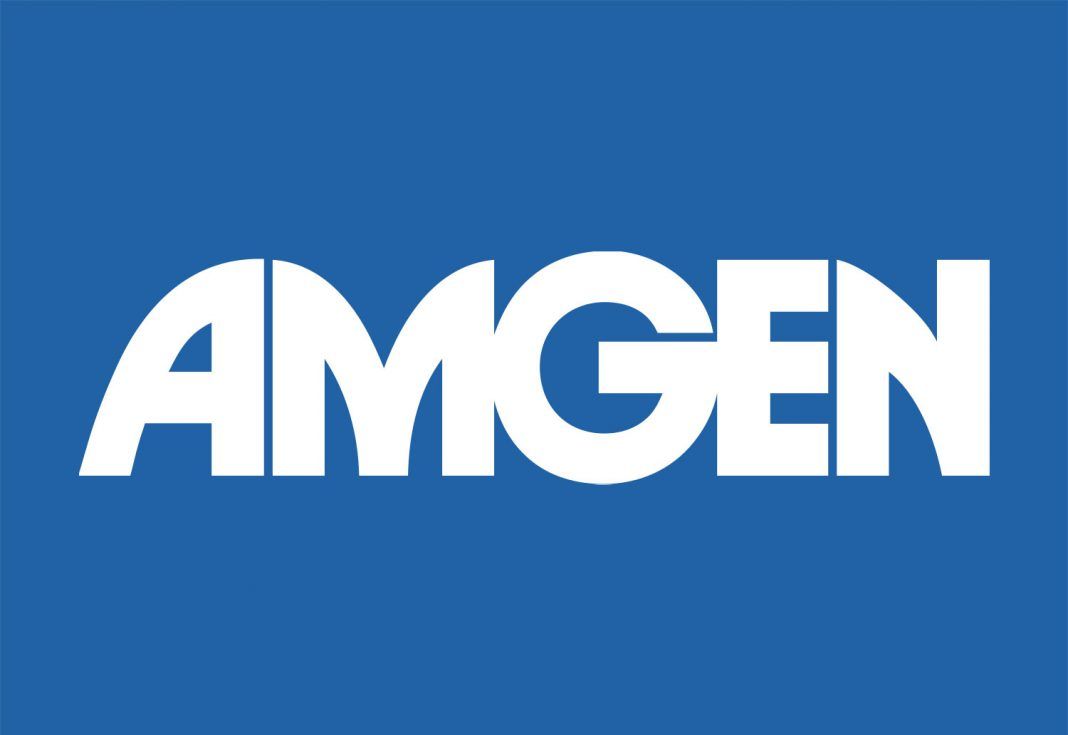Article
FDA Grants Priority Review for Evolocumab as Cardiovascular Risk Treatment
Author(s):
Evolocumab was shown to lower cardiovascular risk between 15 to 20% in a randomized, double-blind, placebo-controlled study.

The US Food and Drug Administration (FDA) granted evolocumab (Repatha, Amgen) priority review for its supplemental Biologics License Application (sBLA) for the risk reduction of major cardiovascular events (MACE).
The PCSK9 inhibitor will see its Prescription Drug User Fee Act (PDUFA) action date on Dec. 2, 2017. The decision to grant priority was made based on data from the large cardiovascular outcomes study (FOURIER), according to a news release.
27,564 patients were examined for the multinational, Phase 3, randomized, double-blind study to determine if statin therapy, coupled with evolocumab, can reduce cardiovascular events.
When compared to placebo in combination with statin therapy, evolocumab reduced the occurrence of hard MACE by 20% in the secondary endpoint (time to heart attack, stroke, or cardiovascular death), and by 15% for extended MACE in the primary endpoint (hospitalization for unstable angina, heart attack, stroke, cardiovascular death, or coronary revascularization).
"The FDA's decision to grant priority review for the Repatha cardiovascular outcomes data highlights the urgency to address the need to reduce heart attacks and strokes in high-risk patients who struggle to lower their LDL cholesterol," Sean E. Harper, M.D., executive vice president of Research and Development at Amgen, said in a statement.
According to the study, the risk reduction’s magnitude for both primary and secondary endpoints increased over time, starting as soon as 6 months in and continuing for an average of 2.2 years.
For the secondary endpoint alone, risk reduced 16% in 1 year, and 25% beyond the year mark. Heart attack risk dropped 27% and coronary revascularization risk dropped 22%, and no observed effect was made on cardiovascular mortality or unstable angina hospitalization.
FOURIER didn’t provide any new safety concerns for the use of evolocumab, which is already FDA approved to lower low-density lipoprotein (LDL). The drug’s application for additional patient populations was also accepted by the FDA.
"We look forward to working with the FDA to update the label for Repatha enabling us to more broadly educate physicians and patients of the proven impact of Repatha to reduce cardiovascular events," Harper added in the statement.
Related Coverage
FDA Fast-Tracks Rare Blood Disease Treatment Zelboraf
Experts Debate Beta-Blocker Use With Simultaneous AFib and Heart Failure
LINCL Treatment PLX-200 Receives FDA Orphan Drug Designation





